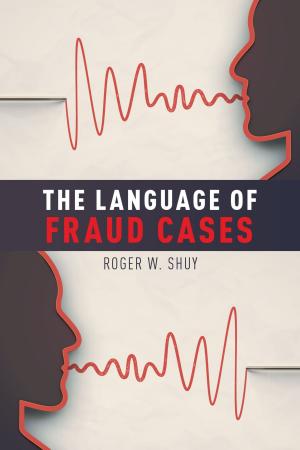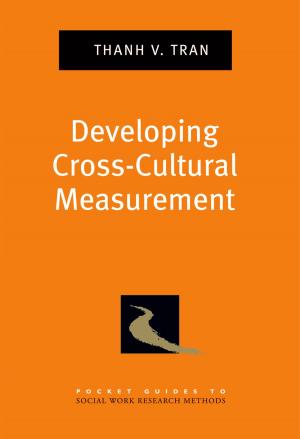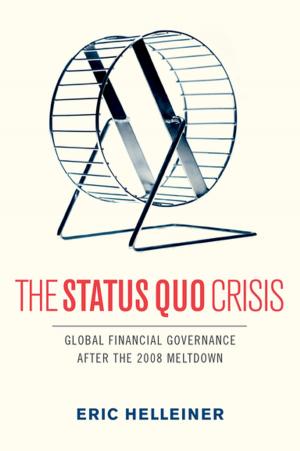New Perspectives on Asset Price Bubbles
Business & Finance, Finance & Investing, Corporate Finance, Finance| Author: | ISBN: | 9780199939404 | |
| Publisher: | Oxford University Press | Publication: | February 8, 2012 |
| Imprint: | Oxford University Press | Language: | English |
| Author: | |
| ISBN: | 9780199939404 |
| Publisher: | Oxford University Press |
| Publication: | February 8, 2012 |
| Imprint: | Oxford University Press |
| Language: | English |
This volume critically re-examines the profession's understanding of asset bubbles in light of the global financial crisis of 2007-09. It is well known that bubbles have occurred in the past, with the October 1929 crash as the most demonstrative example. However, the remarkably well-behaved performance of the US economy from 1945 to 2006, and, in particular during the Great Moderation period of 1984 to 2006, assured the economics profession and monetary policymakers that asset bubbles could be effectively managed with little or no real economic impact. The recent financial crisis has now triggered a debate about the emergence of a sequence of repeated bubbles in the Nasdaq market, housing market, credit market, and commodity markets. The realities of the crisis have intensified theoretical modeling, empirical methodologies, and debate on policy issues surrounding asset price bubbles and their potentially adverse economic impact if poorly managed. Taking a novel approach, the editors of this book present five classic papers that represent accepted thinking about asset bubbles prior to the financial crisis. They also include original papers challenging orthodox thinking and presenting new insights. A summary essay highlights the lessons learned and experiences gained since the crisis.
This volume critically re-examines the profession's understanding of asset bubbles in light of the global financial crisis of 2007-09. It is well known that bubbles have occurred in the past, with the October 1929 crash as the most demonstrative example. However, the remarkably well-behaved performance of the US economy from 1945 to 2006, and, in particular during the Great Moderation period of 1984 to 2006, assured the economics profession and monetary policymakers that asset bubbles could be effectively managed with little or no real economic impact. The recent financial crisis has now triggered a debate about the emergence of a sequence of repeated bubbles in the Nasdaq market, housing market, credit market, and commodity markets. The realities of the crisis have intensified theoretical modeling, empirical methodologies, and debate on policy issues surrounding asset price bubbles and their potentially adverse economic impact if poorly managed. Taking a novel approach, the editors of this book present five classic papers that represent accepted thinking about asset bubbles prior to the financial crisis. They also include original papers challenging orthodox thinking and presenting new insights. A summary essay highlights the lessons learned and experiences gained since the crisis.















